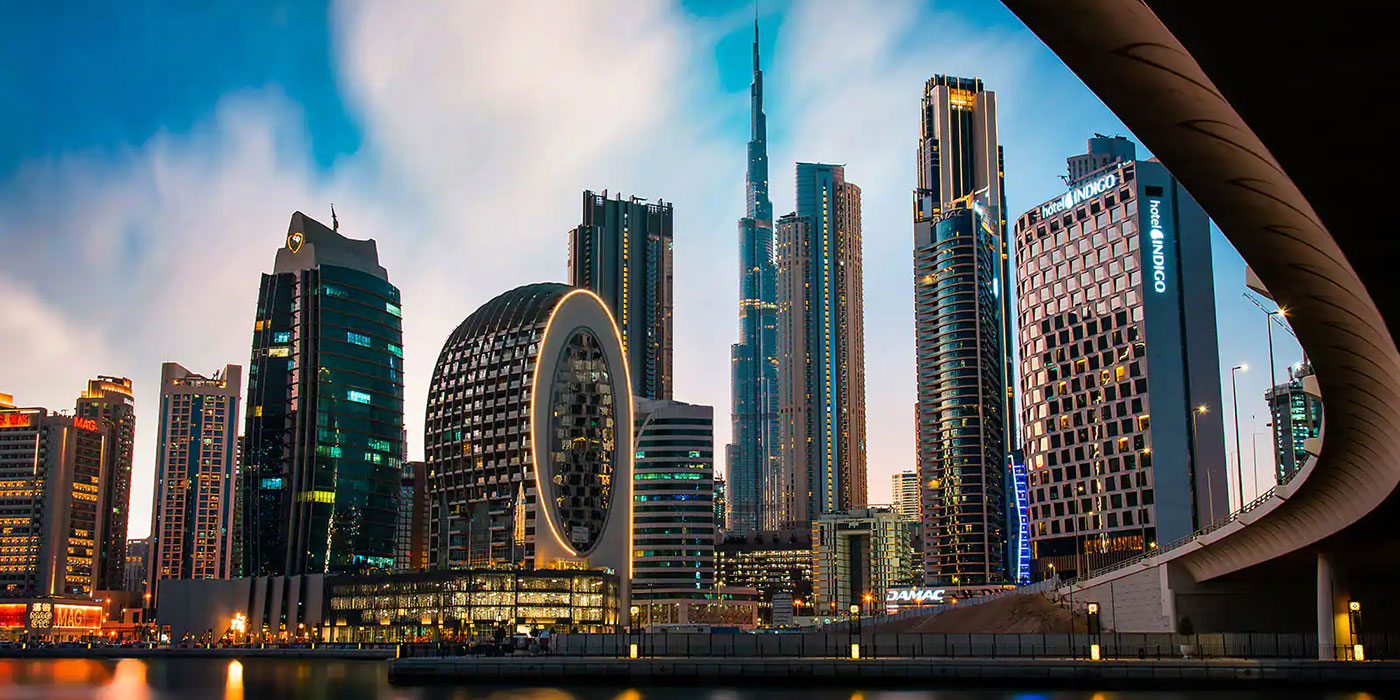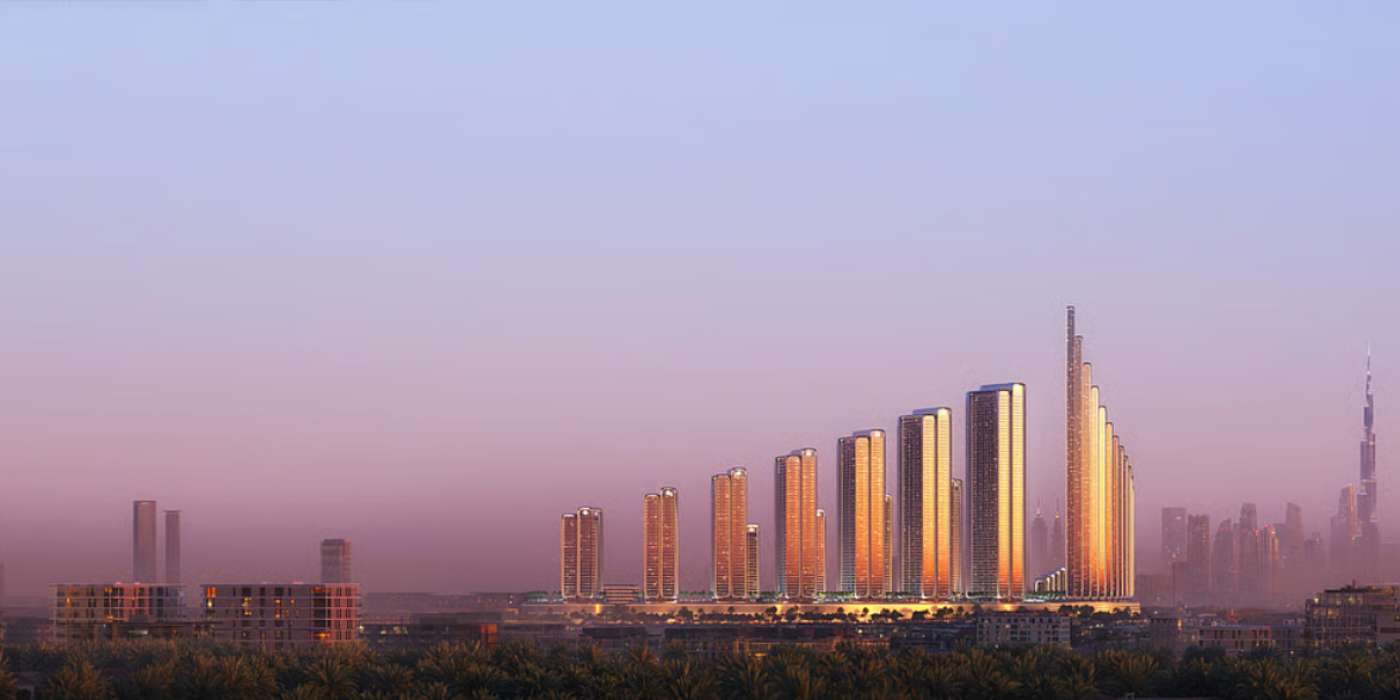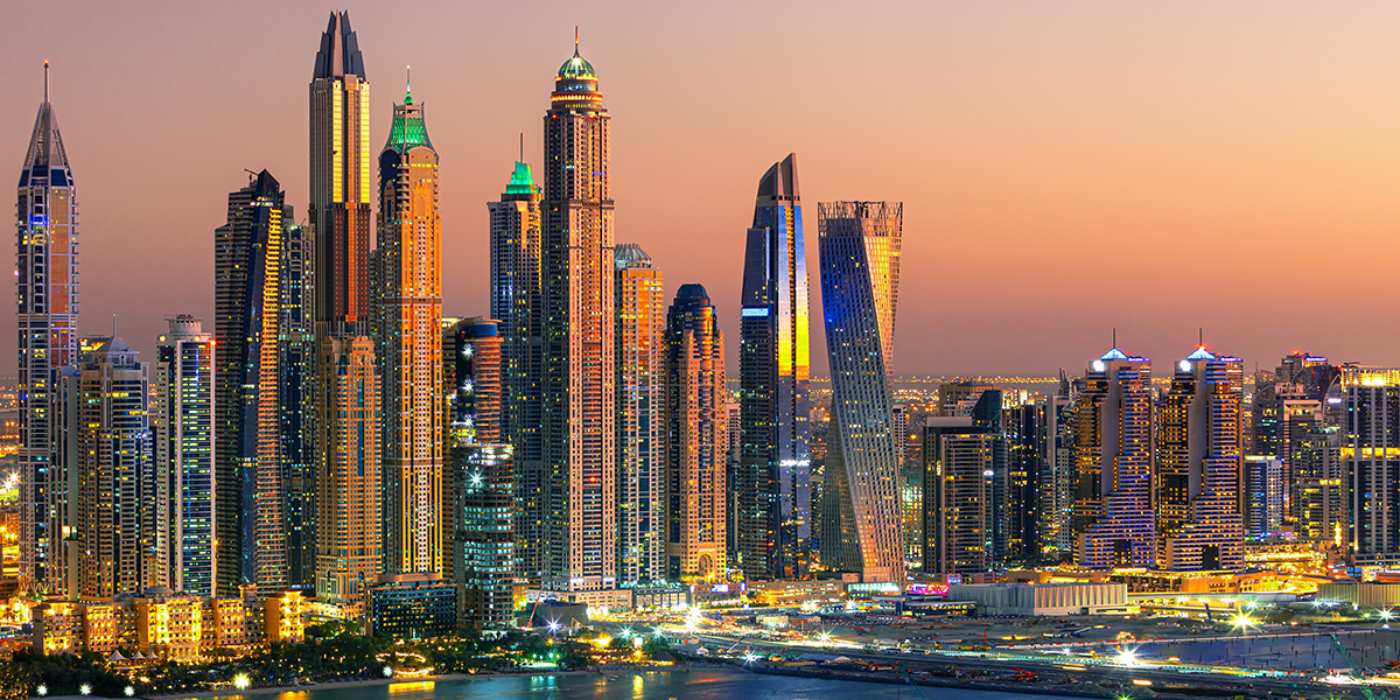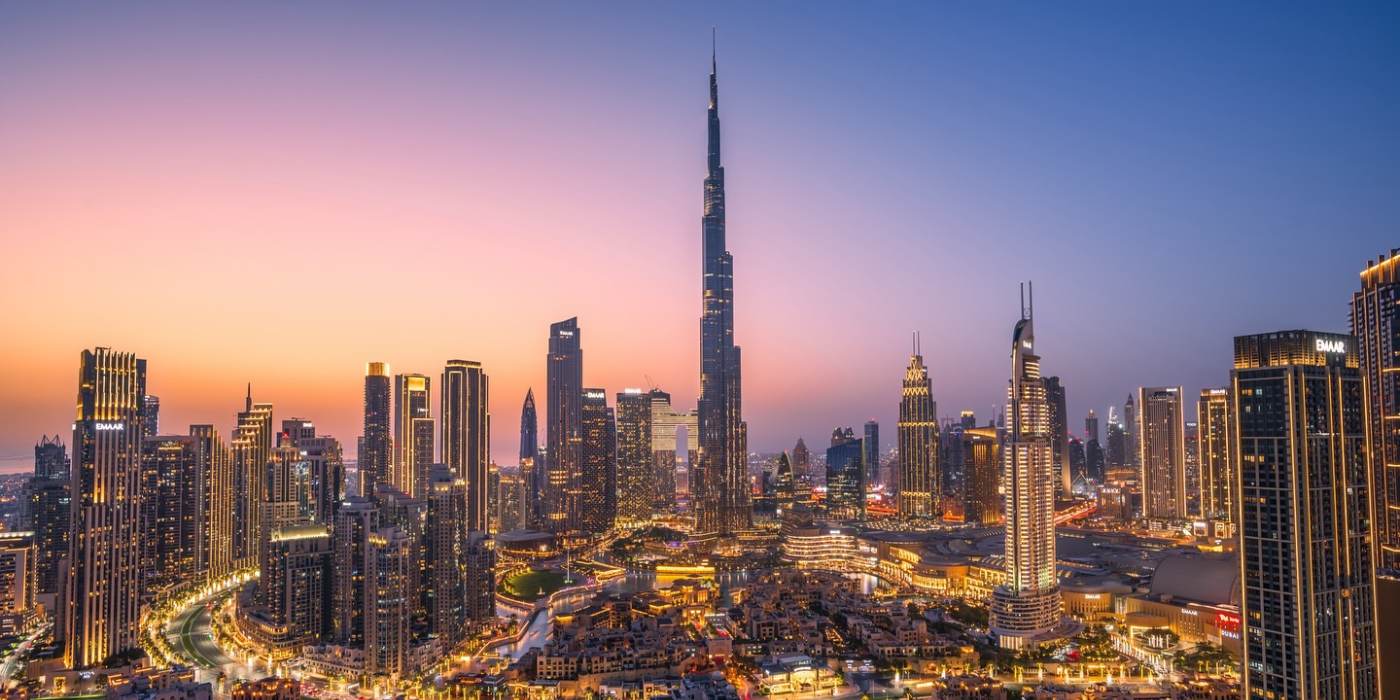Dubai Real Estate Breaks Records as Prices Soar to New Heights
- Mar 16,2025
Dubai's real estate market continues to defy global economic challenges, posting unprecedented growth in February 2025. Sales volumes, prices, and investor activity reached new records, highlighting the city's appeal as a global investment powerhouse.
Driven by a thriving economy, increasing population, and strategic government policies, Dubai’s real estate market has firmly established itself as a top destination for investors worldwide. February saw property sales surge to Dh41 billion, a 17% month-on-month (MoM) increase, with 14,929 transactions—up 15% from January.
Record-Breaking Prices
The average price per square foot reached a historic Dh1,505, marking a 1.41% MoM increase (Dh20.94). This price point more than doubles the market's lowest point of Dh716 in 2019, further signaling Dubai’s remarkable recovery. Off-plan properties continue to dominate, making up 59% of all transactions, showing strong investor confidence in the city's long-term growth prospects.
The luxury sector remains a standout performer, with villa prices soaring 60% MoM to an average of Dh11.48 million, while apartments saw a 30% rise to Dh2.26 million. Key neighbourhoods driving this growth include Motor City, Jumeirah Village Circle (JVC), and Dubai Marina for apartments, and Jumeirah Golf Estates, The Villa, and Meadows for villas.
Economic Resilience and Population Growth
Dubai’s economic resilience is a key driver of the real estate boom. The city’s GDP grew by 4.2% in 2024, outperforming global averages, and the population surged to 4.2 million—a 6% year-on-year increase. This growth is largely attributed to skilled expatriates and entrepreneurs taking advantage of Dubai’s golden visa program and tax-free incentives. Government initiatives like the Dubai 2040 Urban Master Plan, which focuses on sustainable infrastructure and community-driven developments, have further enhanced the city’s attractiveness to investors.
Industry experts highlight that Dubai’s real estate market is not merely recovering but reshaping itself. “Pro-business policies, top-tier infrastructure, and a rise in high-net-worth individuals moving from Europe and Asia have created the perfect environment for growth,” said a property market analyst.
The Shift Towards Homeownership
Skyrocketing rental prices have prompted a shift toward homeownership. Average annual rents for apartments and villas increased by 22% and 28%, respectively, in 2024, driving more residents to invest in property. Betterhomes reported a 25% MoM increase in buyer leads, with end-users now accounting for 53% of transactions—signifying a shift from the investor-heavy market of the past.
Christopher Cina, Director of Sales at Betterhomes, noted that this uptick in first-time buyers reflects a broader change in Dubai’s identity. “Dubai is no longer just a transient hub; it’s becoming a place where people want to put down roots. Communities with integrated amenities, like Dubai Hills Estate and Palm Jumeirah, are particularly in demand.”
Off-Plan Properties Dominate the Market
Off-plan properties were the main driver of February's sales activity. Leading developers such as Emaar (Dh4.11 billion), Sobha Group (Dh1.44 billion), and Damac Properties (Dh0.82 billion) played key roles in this surge. International investors made up 35% of transactions, with Russians, Indians, and British nationals topping the list of buyers.
Jaykrishnan Bhaskar, a property consultant, commented, “Dubai’s off-plan market offers unrivaled returns on investment. Projects near Expo City Dubai and Al Qudra’s eco-friendly districts are particularly attractive to ESG-focused buyers, who value sustainability alongside luxury.”
Financing as a Growth Catalyst
Despite rising property prices, mortgage transactions accounted for 64% of all sales. This surge can be attributed to attractive lending rates, with banks offering mortgages as low as 3.5% for expatriates. The UAE Central Bank’s decision to keep interest rates low in 2024 has ensured that financing remains accessible, with banks offering flexible payment plans for off-plan properties.
“Financing is no longer a hurdle—it’s become a catalyst for growth,” said the Head of Mortgage Solutions at a leading bank. “First-time buyers can secure homes with down payments as low as 15%, while investors can expand their portfolios with attractive financing terms.”
Dubai's Real Estate Outlook for 2025 and Beyond
The real estate market shows no signs of slowing down. With Expo City Dubai boosting tourism and the non-oil economy now contributing 78% of Dubai’s GDP, analysts predict a 12–18% increase in property prices in 2025. Mega-projects like the Dh30 billion Marsa Al Arab waterfront development are expected to continue driving growth.
“Dubai is not just competing with other global property markets; it’s setting a new benchmark,” said Bhaskar. “The city’s blend of innovation, stability, and ambition positions it as the ultimate safe haven for investors.”
As Dubai’s skyline continues to expand, its real estate market is not just growing in size but evolving to be smarter, greener, and more inclusive—solidifying its place as the world’s most dynamic property market.
In addition to February’s impressive performance, January saw Dubai’s real estate market post strong numbers, with property sales totaling Dh51.1 billion—a 39.91% increase compared to the same month last year. A report from fäm Properties revealed that February's 16,099 transactions represented a 35.5% increase in volume compared to February 2024, making it one of the best months on record.
Source: Khaleej Times





